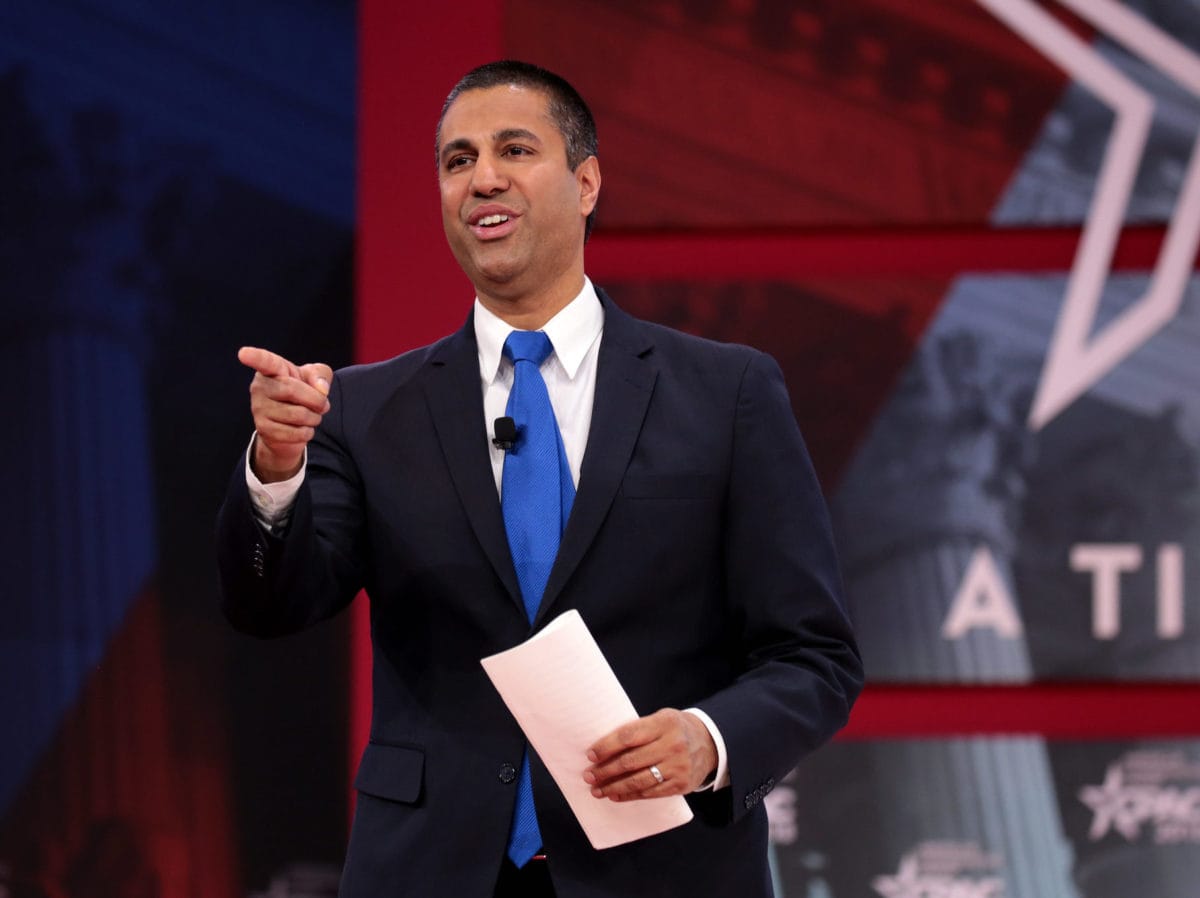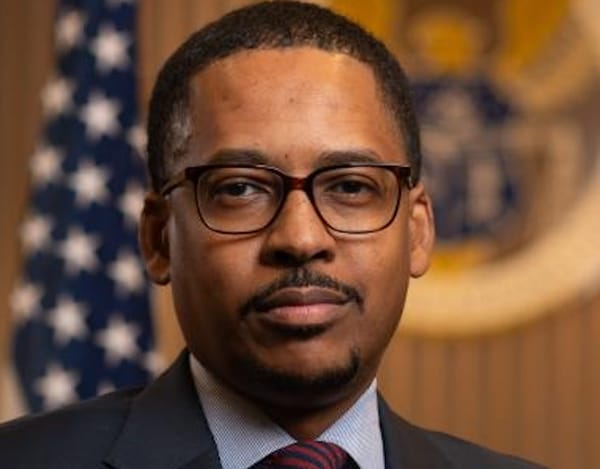Rep. Bob Latta and Ajit Pai on Robocalls, Rural Massachusetts Projects, John Horrigan Report on Digital Divide
Congress and the Federal Communications Commission are working together to stop robocalls, wrote FCC Chairman Ajit Pai and Rep. Bob Latta, R-Ohio, in an op-ed on Wednesday. Rep. Latta in April introduced legislation that encourages phone companies to automatically block unwanted robocalls, and in Ju

Congress and the Federal Communications Commission are working together to stop robocalls, wrote FCC Chairman Ajit Pai and Rep. Bob Latta, R-Ohio, in an op-ed on Wednesday.
Rep. Latta in April introduced legislation that encourages phone companies to automatically block unwanted robocalls, and in June the FCC voted to allow the same action.
The two agencies have also worked together to pursue enforcement against international scammers and ban malicious caller ID spoofing, as well as pushing telephone companies to develop and deploy a nationwide caller ID authentication system known as SHAKEN/STIR.
In spite of the ongoing government efforts, Pai and Latta encouraged individuals to remain cautious. “The best thing you can do, regardless of technology changes or regulations, is to educate yourself on how to protect yourself and your family and pass it on to your friends and neighbors,” they wrote. “Learn the telltale signs of a scam, ask questions, and when in doubt — don’t answer the phone.”
Massachusetts officials seeking to deploy rural broadband with state funding
Massachusetts state officials are demonstrating their commitment to rural broadband deployment, reported the Berkshire Eagle. After a significant miscalculation left the town of Windsor $450,000 short of what was needed to build a fiber-optic network, the state Executive Office of Housing and Economic Development made up the difference.
In the town of Alford, the state contributed $125,808 to support a broadband system that now supports three out of four premises. “We’re profitable and very much within our expectations,” said Jay Weintraub, who helped to launch the AlfordLink service.
Additional state funding will be available to towns that establish a difference between the actual and projected make-ready costs, said Brian Noyes, a spokesperson for the Massachusetts Technology Collaborative.
On top of the make-ready contingency fund, Massachusetts has awarded nearly $35 million since 2016 to close broadband gaps in 53 small rural unserved and underserved towns.
Technology Policy Institute report on how low-income broadband subscribers connect to the internet
A new report from Technology Policy Institute Senior Fellow John Horrigan investigates how newly-connected low-income broadband subscribers use the internet and how it affects their lives.
The research is based on individuals who signed up for Comcast’s Internet Essentials project in the past three months, compared to those who began the IE sign-up process but did not complete it. IE eligibility includes families with children who are eligible for free or reduced-price lunches at school, those in U.S. Housing and Urban Development low-income housing or receiving HUD housing benefits, and low-income veterans.
Households that went through with the IE subscription were more likely to have school-age children benefitting from internet access, the study found.
The report also highlighted the importance of training on how to use the internet, pointing out that a lack of digital skills is often cited as a reason for not getting service.
(Photo of FCC Chairman Ajit Pai by Gage Skidmore, used with permission.)








